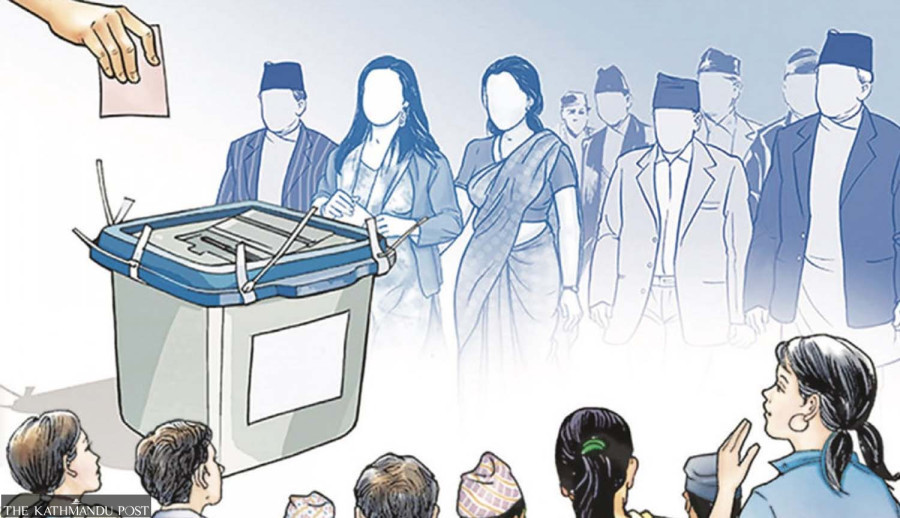Editorial
Elite capture
The usurpation of the PR system by imposters has sowed suspicion about the idea of representation.
The Supreme Court has made an important judgement in asking political parties to nominate lawmakers under the proportional representation (PR) system as per the spirit of the 2015 Constitution. At the same time, the top court has made a sensible decision not to disturb the current Parliament by dismissing the lawmakers already nominated. Instead, it has called on the parties to adhere to the spirit of Article 42 of the constitution while selecting the candidates in the next round of elections. This was an intervention the country was waiting to see from the top court at a time of great suspicion about the PR system.
When the political parties agreed on the constitutional provision of selecting a significant number of parliamentary candidates based on proportional representation, it was considered a sign of their maturity. After all, they had recognised the need to pave the way for justice and equality by ensuring the representation of people from minority communities in Parliament, which wouldn’t have been possible in the normative environment of competitive politics. The PR system was a much-needed political reform in a country rife with monumental hierarchies based on class, caste, gender, and ethnicity, among others.
The country realised the benefits of the PR system early on when people from various communities and regions that had until then been sidelined in the state's decision-making bodies, were seen in large numbers in the Constituent Assemblies. Representatives from various marginalised quarters—Dalits, indigenous nationalities, and at least one queer person—spoke loud and clear about the kind of society they wanted to build to endure greater social justice. As parties scrambled at the last minute to find candidates in remote, marginalised places, they even happened to pick up illiterates and became a subject of ridicule. However, it soon became clear that even illiterates had things to say; just that they needed the mic.
Today, the PR system does not enjoy the same legitimacy it did during the time of the first and second Constituent Assemblies between 2008 and 2015. And if there is anyone to blame for the depreciation in the PR’s goodwill, it is the political parties. A big section of the people believes the PR system should be revamped, if not removed altogether. And why would they not? After all, the space created for the marginalised has now been taken up by imposters who come in different shades—wives, sycophants and business tycoons with conflicting interests. Not only has this usurpation of the space of the marginalised in political affairs turned public opinion against it but it has also created a general suspicion about the significance of representation.
But these excesses of the political parties cannot be a reason to scrap the PR system, which remains a vital tool for some representation of marginalised communities. True, a by-product of the PR system has been a situation where none of the political parties can garner enough seats to form a government on its own. This has created the conditions for a hung parliament, turning a party that secured a distant third position into the kingmaker. But untimely making and breaking of governments have more to do with the political parties' and their leaders' lack of political morality than a fundamental flaw in the constitutional provision. Yet this is also not to argue that the constitutional provision on the PR system is perfect. Such a provision can and should change with the needs of the times.




 9.93°C Kathmandu
9.93°C Kathmandu














